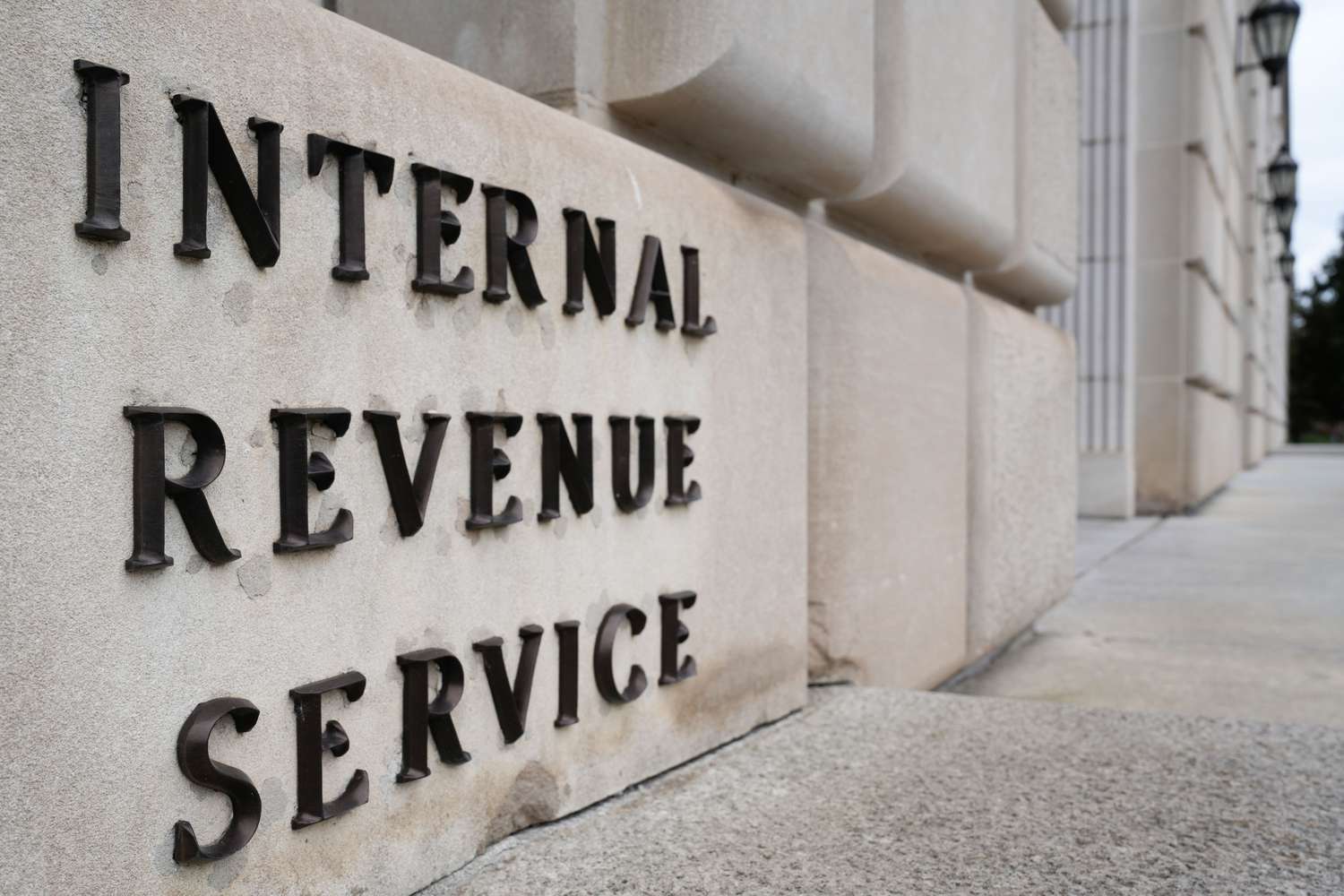
#IRS #Ruling #Open #401k #Matches #Student #Loans #Medical #Payments
Key takeaways
- The IRS decided in August that a company can change its retirement plan to give employees the option to allocate their 401(k) matching contributions to pay for student loans or medical expenses.
- During open enrollment, employees will make annual elections for those matching contributions.
- This provision only applies to one company, but since the Secure 2.0 legislation was enacted in 2022, all employers have the option to give their employees the ability to use matching contributions to pay off their student loans.
The IRS has allowed workers at one company to use 401(k) matching contributions to pay for medical and student loan expenses, suggesting the possibility that others might one day be able to do the same.
The agency decided in an August ruling that the company, which it did not name, could allow its employees to set aside a matching contribution to a 401(k), a retiree health reimbursement arrangement (HRA), a health savings account (HSA), or a health savings account. (HSA). An educational assistance program used to pay off student loans.
During open enrollment, employees will make annual elections for those matching contributions. If the employee does not elect, these contributions are allocated to the 401(k).
While the private letters ruling only applies to one company, under Secure 2.0 — the federal retirement law passed in 2022 — all companies can now make matching contributions to employees to pay off student loans. This change took effect at the beginning of 2024, but it is unclear how many employers currently offer the benefit or plan to in the future. (Private letter rulings are often made and issued months after the entity files the application.)
Flexibility can help workers, but it can come at a cost
The move, if implemented at the company that filed the IRS request, would give employees the option of using matching contributions to pay off student loans or stashing the money in an HSA, but it could come at the cost of lost retirement savings down the road. According to Melissa Caro, Certified Financial Planner (CFP).
“Ultimately, the best approach is to contribute as much as possible to your 401(k), including the employer match,” Caro said in an email. “If debt needs attention, reducing it elsewhere may help you manage it better, rather than transferring from your retirement savings.”
However, she notes that an HSA can provide tax savings and be used to pay for health expenses in retirement.
Some may benefit from using the match to pay off student loans: “For high-interest student loans [above 7%]“Using your match to pay might make sense,” Priya Malani, founder of Stash Wealth, wrote in an email.
Update: This article has been updated to add comment from Malani.
#IRS #Ruling #Open #401k #Matches #Student #Loans #Medical #Payments
![Going Dutch Poster Teases Hilarious Trouble in Denis Leary's New Series [Exclusive] 2 'Going Dutch' Poster Teases Hilarious Trouble For Denis Leary's New Series [Exclusive]](https://en.worldtrnd.com/wp-content/uploads/2024/12/Going-Dutch-Poster-Teases-Hilarious-Trouble-For-Denis-Learys-New-390x220.jpg)



